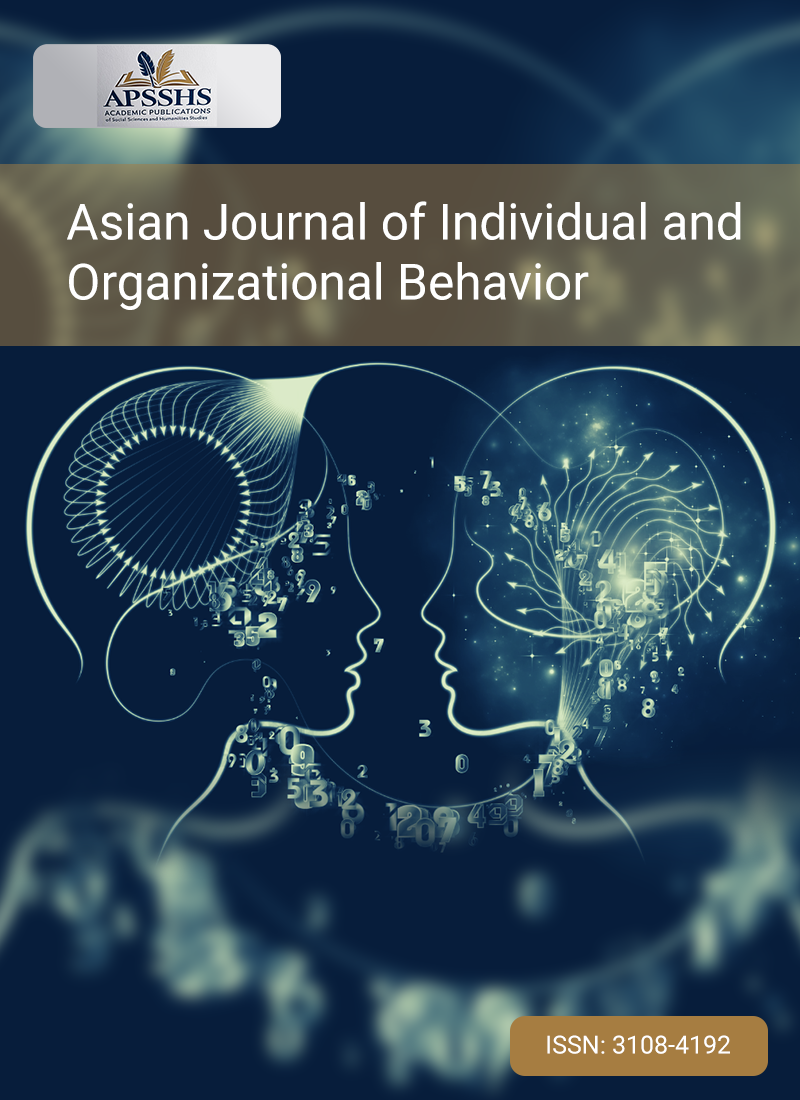
This study examines how employees’ organizational citizenship behavior (OCBO) influences their counterproductive work behavior (CWBO), with a focus on the roles of moral credits and moral credentials, as framed by moral licensing theory. It also examines the moderating effect of collective identity orientation (CIO). Data from 336 Saudi employees were analyzed using Hayes’ PROCESS macro models in SPSS and AMOS. The results indicate that both moral credits and moral credentials serve as mediators in the negative relationship between OCBO and CWBO, with moral credentials showing a particularly strong negative indirect effect. Furthermore, the CIO was found to significantly moderate the relationship between OCBO and both moral credits and moral credentials. This study enhances existing research by revealing how employees' positive behaviors can lead to psychological justifications for engaging in unethical counterproductive behaviors in the workplace. It also provides insights for HR practitioners and managers, while suggesting avenues for further research and theoretical exploration.